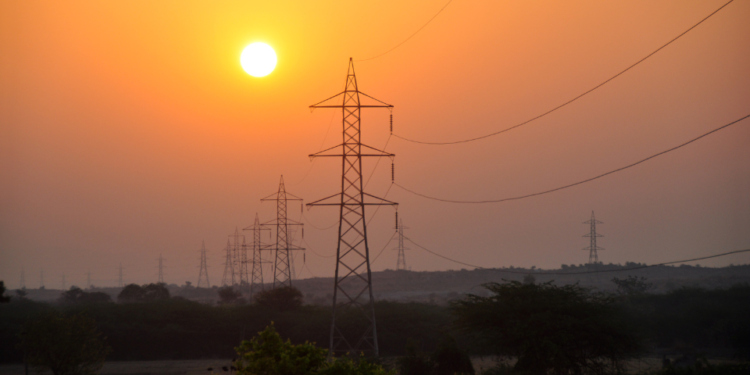In a significant development for electricity consumers in Nigeria, the Nigerian Electricity Regulatory Commission (NERC) has granted approval for a substantial increase in electricity tariffs targeted at customers categorized under Band A.
During a press briefing held in Abuja, Musliu Oseni, Vice-Chairman of NERC, disclosed this approval. Oseni highlighted that customers falling under Band A, who currently enjoy a daily provision of 20 hours of electricity, will now be subjected to a tariff of N225 per kilowatt (kW), effective from April 3. This marks a notable increase from the previous rate of N66.
The adjustment represents a nearly threefold increase compared to the prior rate, as reported by Premium Times. Oseni emphasized that the commission thoroughly examined the application submitted by distribution companies before reaching this decision. He clarified that only feeders comprising 17 percent or less, along with customers numbering less than 15 percent, would experience any adjustments in rates authorized by the commission for the DisCos.
In further detail, Oseni elaborated on the commission’s issuance of the “April 2024 Supplementary Order,” which supplements the order issued in December, effective January 2024. He explained that the April Supplementary order, taking effect immediately, approves a rate review of N225 per kilowatt-hour for just under 50 percent of the customer population in the Nigerian Electricity Supply Industry (NESI). This indicates that less than 15 percent of customers will be affected by the tariff increase.
However, Oseni clarified that customers in the remaining Bands would not be affected by the review.
This decision by NERC has sparked discussions and reactions across Nigeria, as consumers grapple with the implications of the tariff hike. While some view it as necessary for improving the sustainability and reliability of the electricity supply, others express concerns about its potential impact on household budgets and the cost of living.
As the Nigerian electricity landscape undergoes changes, it remains crucial for stakeholders to closely monitor developments and ensure that regulatory decisions align with the interests of both consumers and the energy sector’s long-term sustainability. Stay tuned for further updates on this evolving situation.
What are your thoughts on this recent development? Share your opinions in the comments section below.



















































